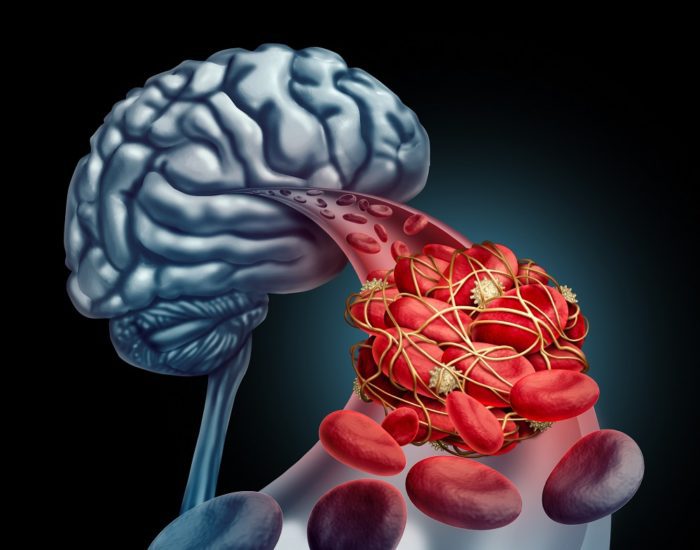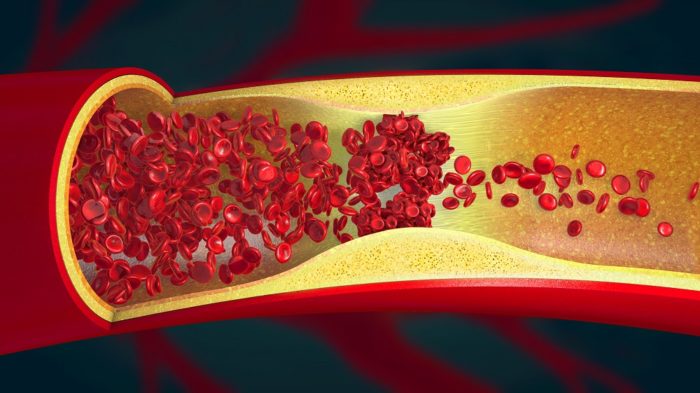Your heart uses natural electrical pulses to beat at a steady pace. If a disruption occurs to this rhythm, your doctor will refer to the problem as an arrhythmia. A heart that beats too quickly, too slowly, or at an irregular rate may increase a patient’s risk for a stroke or other medical concerns.
Not every case of heartbeat irregularity will need treatment or threaten a patient’s life. A doctor can approach a solution to this condition in a number of ways. Read on to learn about four treatments that a cardiovascular doctor may employ to regulate a patient’s heart rate.
How to Treat Arrhythmia
Specialized Medication
Doctors can begin treating an irregular heartbeat by searching for an underlying cause for the issue. Some thyroid problems may lead to arrhythmia, so the doctor may prescribe medication to treat that concern and therefore the patient’s heart rate.
Not every patient will have an identifiable causation for their heartbeat irregularity though. In these cases, a doctor may give a patient medicine to address the symptom itself.
They may also prescribe a medicine that lowers the risk of a stroke or other complications related to this issue. The doctor will factor your medical history into the type of treatment for this concern, so schedule a consultation to get more specific details about your unique case.
Pacemaker Placement
Patients who have arrhythmia may find relief with the placement of a pacemaker. This device is surgically inserted below a patient’s collarbone.
It tracks a patient’s heart rate and makes its own electrical pulses toward the heart if the heart begins to beat irregularly. A doctor might suggest this treatment on a short or long-term basis. They will perform exams and testing on the electrical rhythms of the heart to determine if this is the best treatment option for a patient’s condition.
Electrical Cardioversion
An electrical cardioversion is a treatment in which a doctor uses a high-energy shock to the heart to reset its rhythm. Though this procedure is often scheduled ahead of time, doctors sometimes use this treatment in the event of an emergency.
The doctor attaches nodes to the patient’s chest over the heart which will conduct the electric shock. The patient is sedated during this treatment to ensure their comfort. Cardioversion differs from defibrillation, a shock given when severe arrhythmias could be deadly.
Catheter Ablation
A cardiac ablation is another treatment a doctor may employ to address heartbeat irregularities in their patients. Doctors might elect this method when medication does not resolve the arrhythmia.
The patient will be under anesthesia during this surgery. A doctor uses a catheter to locate the precise problem in the heart. They then use targeted waves to destroy the damaged tissue that impacts the heart rate.
Modern advances in the ablation procedure use magnetic navigation technology to more carefully move the catheters. Patients should not overexert themselves as they recover for about two weeks. They should also attend follow-ups with their doctor to observe their condition and recovery.



